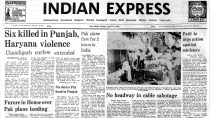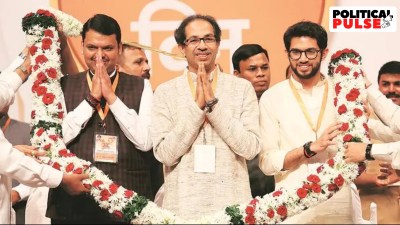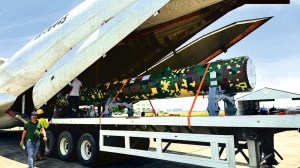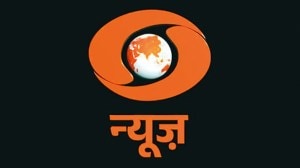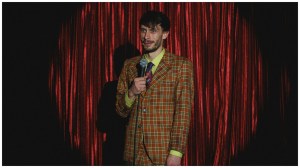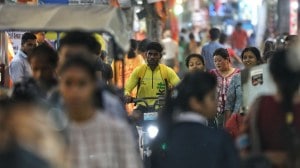- India
- International
Kamal Morarka was a man of many parts who was comfortable in different worlds of diverse India
The multiple dimensions of Kamal Morarka's persona — from parliamentarian and minister, through industrialist and philanthropist, to activist and concerned citizen — made for an unusual life in our times.
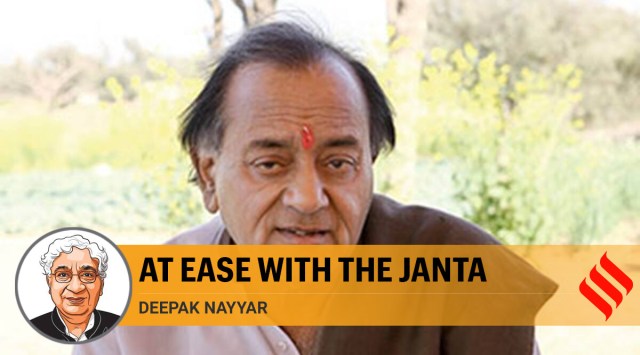 Former Rajya Sabha MP Kamal Morarka. (Twitter/drrksofficial)
Former Rajya Sabha MP Kamal Morarka. (Twitter/drrksofficial)Kamal Morarka, distinguished citizen and good samaritan, passed away at home in Mumbai on January 15 at the age of 74. He was a remarkable person who contributed to polity, economy and society in many different ways. The multiple dimensions of his persona — from parliamentarian and minister, through industrialist and philanthropist, to activist and concerned citizen — made for an unusual life in our times.
We first met 30 years ago, some months after Vishwanath Pratap Singh assumed office as Prime Minister, when I was Chief Economic Adviser to the Government and Secretary in the Ministry of Finance. Morarka, a Member of Parliament then, was one among a small cohort of persons in their early forties who entered the political mainstream around that time riding the crest of the Janata Dal wave. He served as Minister of State in the office of Prime Minister Chandra Shekhar for a short period, from November 1990 to June 1991, a phase of crisis management in the economy, when we got to know each other well. He continued as Member of the Rajya Sabha until 1993 after which he stepped out of active politics, but his engagement with politics as a citizen continued.
Even though we returned to our very different worlds thereafter, we kept in touch. Over the past two decades, we met regularly. And it was not long before our association evolved into a close friendship. I fondly recall our conversations. There were engaging discussions and debates on politics and economics. Given his wide-ranging social network, there was also interesting gossip but always without malice.
Kamal was born with a proverbial silver spoon in his mouth endowed by family business. He was educated in elite institutions, Cathedral School and St Xavier’s College, in what was then Bombay. His father was an industrialist but also a socialist. His uncle, a role model for him, was a parliamentarian and a socialist. There was social democratic politics in his genes. It was to be reinforced by a meeting with Chandra Shekhar, soon after completing his studies in the late 1960s, who was to become his guru in politics.
Left-of-centre politics was a natural outcome of these associations. But it was also embedded in a personal belief system. Morarka always argued that the prosperity of India cannot be based on economic growth alone. It can become a reality only if India becomes a more egalitarian and less stratified society. This means narrowing the differences between the rich and the poor by reducing inequality. This means dismantling the barriers of caste, community and religion that lead to discrimination or exclusion. His strong belief in secularism, in a plural and democratic India, was an integral part of such thinking. Thus, progressive politics, juxtaposed with the idea of India, remained his lifelong passion.

Rare as it might have been, he practised what he preached through his short career in politics. On completion of his term in the Rajya Sabha, he was, for a while, a mediator among the warring factions of the Janata Dal. But he withdrew from the political stage as times changed, only to return as an elder statesman working behind-the-scenes to reunite the divided Janata parivar. This turned out to be an elusive quest.
Kamal Morarka was a man of many parts, who was engaged with, and comfortable in the many different worlds of a diverse India. His close lifelong friendships with political leaders across the spectrum of parties — Janata Dal, Congress, BJP, National Conference, NCP, and the Left — were something rare in our divided politics. The dinners he hosted at the Delhi Golf Club every year, which brought together a galaxy of stars from the worlds of politics, government, media, law (bar and bench), academia and civil society, were a tribute to the regard and affection for him.
For those who knew Morarka, it is no surprise that his primary professional engagement over a lifetime, as an industrialist, was often backstage somewhere among the props. He led Ganon Dunkerley, a company engaged in civil engineering, construction engineering and turnkey plants, with a top line and a bottom line that was always more than respectable. Yet, he served as the non-executive Chairman, later only as a Director, on the Board, although he was the primary owner. This was most unusual. To begin with, it allowed him an incarnation in politics. Later, it enabled him to be a philanthropist.
The philanthropy had multiple dimensions. In Nawalgarh, his ancestral home, a small town at the edge of the Thar Desert in Rajasthan, he supported rural development in 250 villages. It was an attempt to do something for people at the grass roots. The underlying premise was that development is not so much about providing resources to the poor as it is about enhancing their capabilities to help themselves as individuals and as collectives. In addition, he organised an Annual Shekhawati Festival in the region to revive folk music, theatre, art, crafts and culture, while restoring old havelis.
Kamal Morarka was a wonderful person with human qualities that were special. He was affable, modest and unassuming. He was a patient listener. He was open to engaging with views different from his. He could reach out and persuade. He could be firm and critical without being offensive. And he was a loyal friend. Given these attributes, his wide circle of friends from different walks of life was no surprise. The Republic of India sorely needs more concerned citizens like him.
This article first appeared in the print edition on January 19, 2021, under the title “At ease with the janata”. The writer is an economist and former Vice Chancellor, University of Delhi
EXPRESS OPINION
More Explained
Apr 20: Latest News
- 01
- 02
- 03
- 04
- 05











